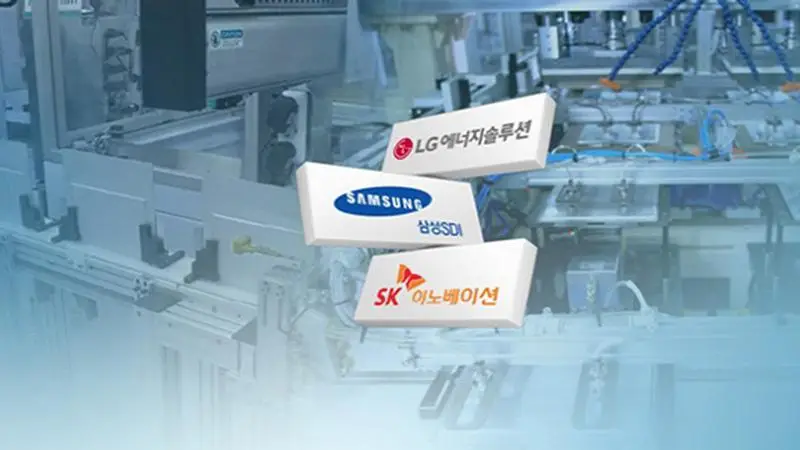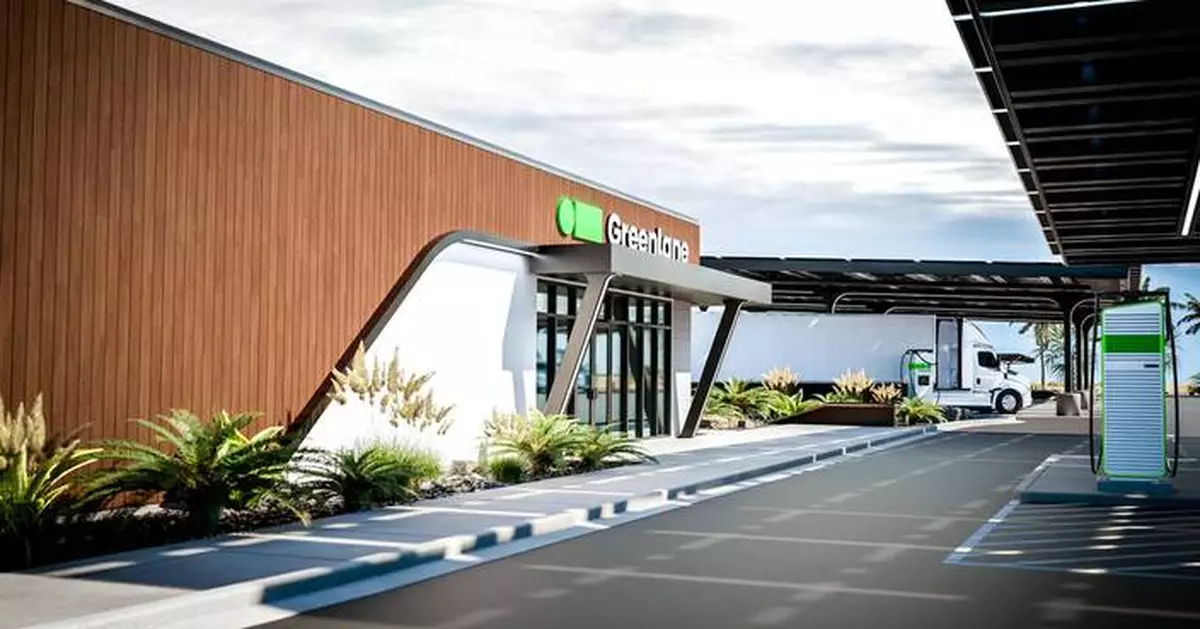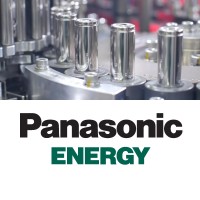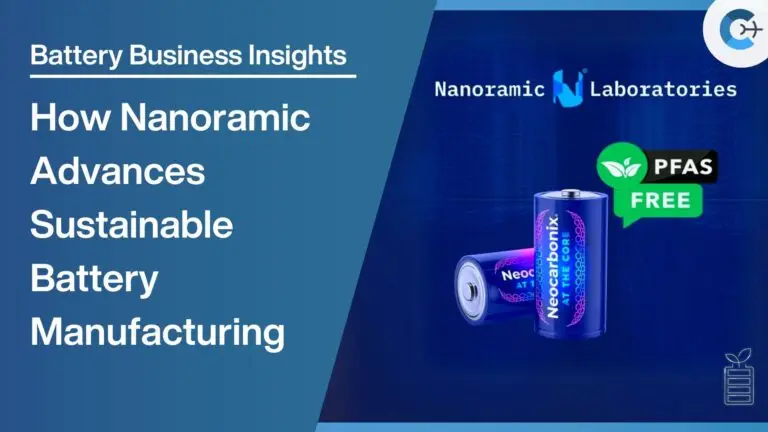South Korea’s automotive and battery industries are confronting significant challenges amid evolving U.S. trade policies and intensifying competition from China. Recent shifts in international trade regulations and market dynamics are prompting South Korean companies to reassess their strategies to maintain their global competitiveness.
In the United States, new policies aimed at bolstering domestic manufacturing have implications for foreign automakers and battery producers. Legislation such as the Inflation Reduction Act includes provisions that favor electric vehicles (EVs) assembled in North America. This places South Korean automakers, who have traditionally manufactured vehicles overseas for export to the U.S., at a potential disadvantage. Companies like Hyundai Motor Group and Kia Corporation are exploring options to expand their manufacturing footprint in the U.S. to align with these policies and continue accessing tax incentives that are crucial for competitiveness in the EV market.
Additionally, the U.S. emphasis on securing supply chains for critical minerals and battery components is influencing South Korean battery manufacturers. Firms such as LG Energy Solution and SK On are investing in U.S.-based production facilities and forming partnerships to source materials compliant with the new regulations. These efforts are aimed at ensuring eligibility for federal incentives and meeting the growing demand for EVs in the U.S. market.
Meanwhile, Chinese automakers and battery producers are rapidly advancing, backed by substantial government support and a strong domestic market. China’s aggressive investment in EV technology and its ability to produce cost-effective batteries have positioned it as a formidable competitor on the global stage. South Korean companies are finding themselves in stiff competition with Chinese firms that offer lower-priced products, which is challenging their market share in key regions.
To address these challenges, South Korean industries are focusing on innovation and strategic collaborations. Investments in research and development are being accelerated to advance battery technology, improve energy density, and reduce costs. Collaboration with international partners is also being pursued to enhance technological capabilities and expand market access.
Furthermore, South Korean companies are advocating for government support to navigate the complexities of international trade policies. There is a call for diplomatic efforts to negotiate more favorable terms and mitigate the impact of foreign regulations on South Korean exports. The industries are also emphasizing the importance of government incentives to support domestic innovation and maintain competitiveness against well-supported Chinese counterparts.
Industry analysts suggest that adaptability is key for South Korea’s auto and battery sectors. By proactively responding to international policy changes and intensifying global competition, South Korean companies can position themselves to sustain growth. The focus on expanding local production in key markets, investing in advanced technologies, and forming strategic alliances is expected to play a crucial role in overcoming the current challenges.
Source: ChosunBiz
















